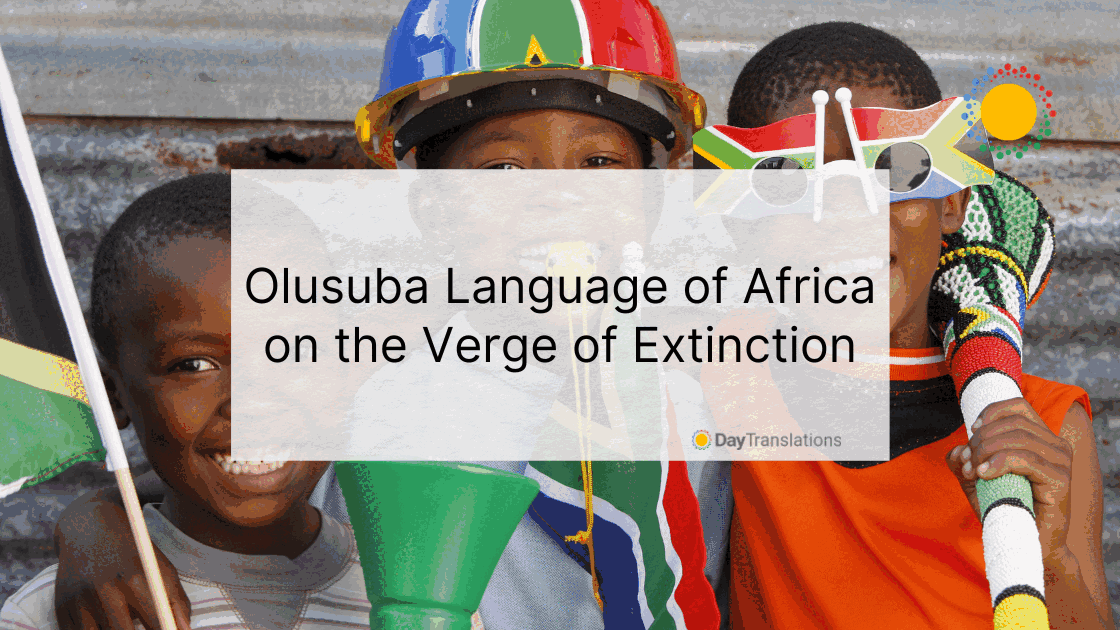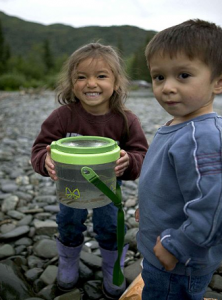The Mfangano Island in Lake Victoria, Nyanza province, Kenya is home to the Olusuba or Suba people. According to the census of population conducted a few years ago, the island still has a thriving tribal group numbering by the thousands. The island where the Suba people live extends up to 65km. They also have ample amounts of resources for survival despite the remoteness of the area where they live. The most interesting part is that despite the fact that there are thousands of Suba people in existence; the number of Olusuba language native speakers is dwindling. This has in fact been listed as one of the languages that are on the verge of extinction in the UN Red Book.
A Closer Look at the Language
Olusuba is a very historically significant language. It became vital for the survival of the people in the island. The language was also used for political reasons, especially to ensure that government officials retain their power. The Olusuba alphabet has 42 characters in total and the pronunciations are quite different from the English language. It also has the nominalization process in which the noun class is formed along with its consequent function and form. During the 90’s, there were about 16,000 native speakers of the language. In just over a decade, the number has dwindled to just 2,200.
Reasons Why the Olusuba Language is at Risk
There are several reasons why there are fewer native speakers of the language. One of these reasons is the intermarriage of Suba men and women from the Luo tribe. Based on tradition, children are supposed to speak their mother tongue. In this case, it was taken literally as children started speaking Luo, Swahili and English. Another reason is that Suba people started migrating to the mainland. As a result, they have started learning another language to adapt to their new environment. There were others who have become bilingual and managed to learn a little Olusuba. Contact with migrants from other parts of Africa and the Middle East has also contributed in the sudden decline on the number of native Olusuba speakers.
Conservation Efforts
Since it was found out that the number of native speakers has dropped to just a few thousands, there were efforts made by the local government for its revival. Funds poured out for the documentation of the Olusuba language through its literature, folklore, proverbs and riddles. Researchers from nearby places, who are experts in language preservation, interacted with the fluent Olusuba speakers to produce audio and video recordings. The plan was to create a linguistic database composed of the lexical, phonological and syntactic information. The ways in which the language can be used in social interactions were also recorded. In Africa, there are hundreds of languages that are on the verge of extinction, with so little funds being poured out for their conservation. Therefore, nongovernment organizations are doubling their efforts in order to secure the survival of the language. The Olusuba people have also developed their own bible in order to promote the language to the younger generation. Language classes are also available at the Abasuba Community Peace Museum for visitors.
Hopefully, these efforts will bear fruits before it is too late. For now, let us learn some basic words in the Olusuba language: musavu – eight; Omugaka – elder, Ukiere – morning and six – mukaga.














Sorry, the comment form is closed at this time.